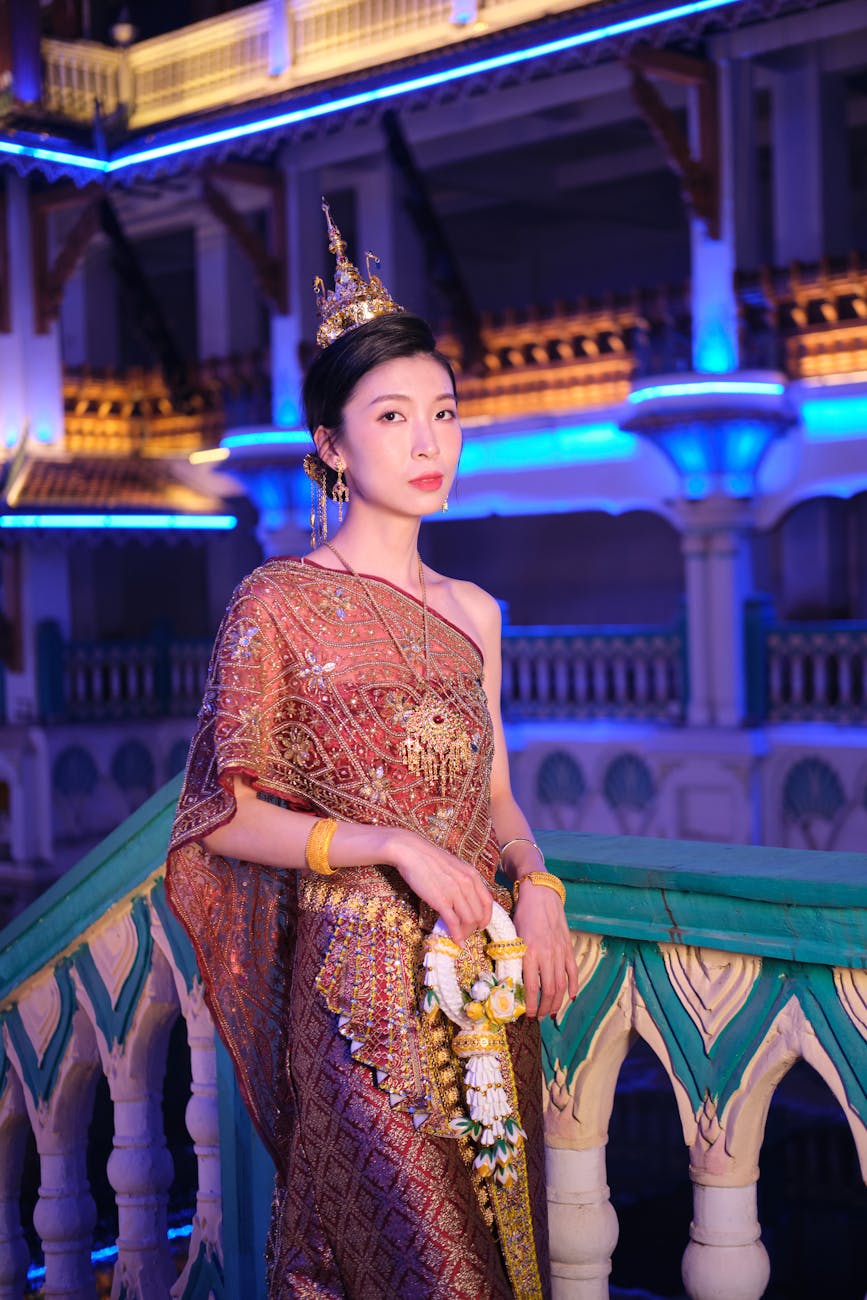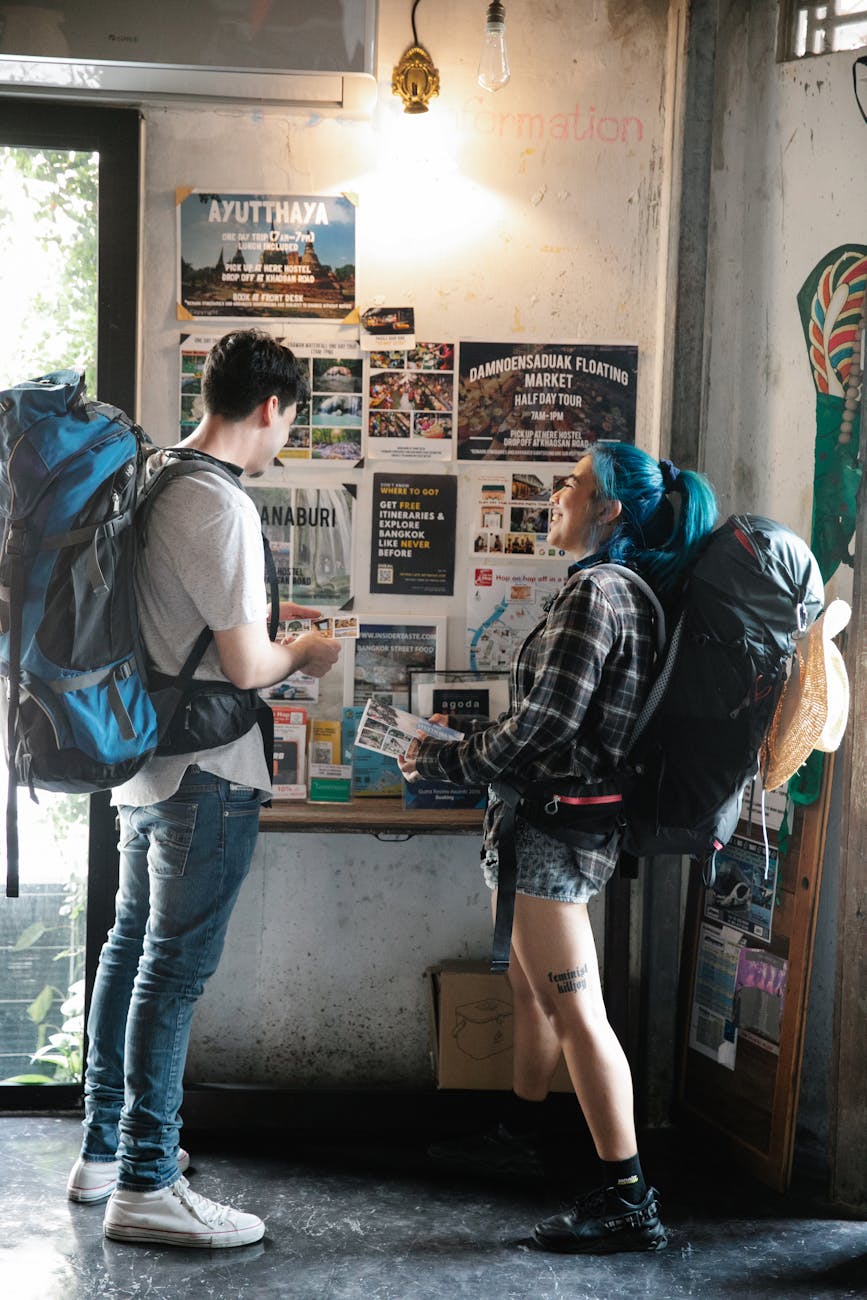Thailand has long captivated travelers with its stunning landscapes, rich cultural heritage, and warm hospitality. A trip to this vibrant country offers an immersive experience where ancient traditions intertwine with modern living. Whether you feel drawn to the serene beaches of Phuket, the spicy street food in Bangkok, or the lush hills of Chiang Mai, every corner of Thailand has a story waiting to unfold. Beyond the natural beauty, one of the most intriguing aspects of Thailand’s identity is its history, particularly the powerful dynasty that reshaped the cultural landscape into what it is today.
In this blog post, we will explore the fascinating journey of a trip to Thailand while highlighting the dynamic influence of the Chakri dynasty. Specifically, we will delve into how this dynasty transformed the cultural fabric of Thailand, leaving a lasting legacy that continues to enrich the country’s identity. Join us as we navigate through the enchanting landscapes and dive deep into the historical roots that make Thailand a remarkable destination.
Table of Contents
- Cultural Heritage of Thailand
- The Impact of the Chakri Dynasty
- Exploring Thailand: Must-Visit Destinations
- Actionable Insights for Your Trip
- Embracing Thai Culture
- Engaging Conclusion
- FAQ
Cultural Heritage of Thailand
The rich cultural heritage of Thailand is an exquisite tapestry woven from various influences ranging from indigenous traditions to foreign invasions. Iconic monuments such as the Grand Palace in Bangkok and the ancient ruins of Ayutthaya serve as visual narrators of this history. They demonstrate the unique blend of Buddhist beliefs, royal traditions, and local practices that characterize Thai culture today. Furthermore, the traditional art forms of Thailand, including dance, music, and handicrafts, showcase the country’s vibrant identity and artistic expressions.
As travelers move through cities and villages, they encounter festivals that celebrate age-old traditions, like Songkran and Loy Krathong, which allow visitors to engage with locals and experience their customs firsthand. Exploring Thailand offers you a chance to appreciate this cultural legacy deeply, showcasing why maintaining these time-honored traditions is necessary for future generations. The warmth and sincerity of the Thai people further enhance this cultural spotlight, making every visitor feel like part of the extended family.
The Impact of the Chakri Dynasty
Among the pivotal elements in shaping Thailand’s cultural landscape is the Chakri dynasty, established in 1782 by King Rama I. This ruling family has played a crucial role in modernizing Thailand while preserving its cultural roots. The initiation of this dynasty marked a pivotal turn, as King Rama I not only founded Bangkok as the capital, but he also worked tirelessly to unify the nation under a centralized administration. Through education, infrastructure, and the promotion of Buddhism, the Chakri dynasty emphasized the importance of Thai identity across social and cultural spectrums.
Additionally, the transition from feudalism to a constitutional monarchy under King Rama VII further solidified the dynasty’s commitment to modernization. It reflected a forward-thinking approach where Western influences were embraced, blending modernity with tradition beautifully. One can see this legacy reflected in royal architecture and contemporary Thai art, where old meets new, creating a uniquely Thai aesthetic. This duality remains a fascinating aspect of Thailand’s cultural evolution, significantly influenced by the Chakri dynasty’s vision and determination.
Exploring Thailand: Must-Visit Destinations
Your exploration of Thailand would be incomplete without visiting its iconic locations that symbolize the beauty and diversity of the country’s landscape. Bangkok, with its dynamic street life and historic temples, serves as a cultural melting pot. Head to the Chatuchak weekend market to experience local shopping and savor authentic Thai cuisine, further immersing yourself in the culture. The floating markets nearby provide an enjoyable experience where you can witness local lifestyles firsthand while sampling delicious dishes.
Moreover, a trip to Chiang Mai reveals a different aspect of Thailand. This northern city is steeped in history, surrounded by lush mountains and vibrant night markets. Participating in a traditional Lanna cooking class or visiting ancient temples allows for an experiential learning opportunity, connecting travelers with Thai history and customs. Lastly, the islands like Koh Phi Phi or Koh Samui invite you to unwind on pristine beaches while making unforgettable memories in crystal-clear waters. These experiences underscore the diversity Thailand has to offer, ensuring every trip is unique and exhilarating.
Actionable Insights for Your Trip
When planning your trip to Thailand, consider some actionable insights to enhance your experience. First, learn a few Thai phrases, as this shows respect and opens the door for deeper interactions with locals. Simple greetings or expressions of gratitude can go a long way, demonstrating sincerity and interest in their culture. Additionally, keeping an open mind and being adaptable allows you to embrace unexpected opportunities, whether it’s trying street food or joining a local festival.
Moreover, utilize local resources like tourism boards for updated information about events, classes, or markets, further enriching your journey. Finally, scheduling downtime in your itinerary is essential, allowing you to absorb the beauty around you without feeling rushed. Whether sipping coffee in a lush park or contemplating the serene beauty of a temple, these moments result in lasting memories and connections to the heart of Thailand.
Embracing Thai Culture
Participating in traditional cultural practices is an enriching way to connect with Thailand beyond mere sightseeing. For instance, attending a Muay Thai boxing match immerses you in the spirit of Thai culture, where skill and artistry intertwine in this traditional sport. Moreover, participating in a local cooking class not only satiates your culinary curiosity but also fosters a connection with the country’s gastronomic heritage. Understanding the use of flavors, ingredients, and cooking techniques offers a richer appreciation of Thai cuisine.
Furthermore, seeking moments to volunteer with local communities can deepen your connection to the land and its people. Engaging in environmental initiatives or educational projects allows you to give back while promoting sustainable tourism. This fosters meaningful relationships and supports the continuity of local culture and traditions. Embracing Thai culture in diverse ways enhances your travel experience remarkably, setting the stage for lifelong memories.
Your Journey Awaits: Dive into Thailand’s Richness
Embarking on a trip to Thailand promises an extraordinary experience filled with unparalleled landscapes, enticing culture, and the warmth of its people. The rich history, intertwined with the transformative impact of the Chakri dynasty, invites travelers to explore and appreciate the beautiful complexity of this nation. Every destination is a gateway to discover more about Thai customs, traditions, and local narratives that shape its national identity. Hold onto these insights and recommendations as you plan your journey, ensuring a trip that is not only memorable but also profoundly enriching.
FAQ
What is the best time to visit Thailand? Thailand has a tropical climate, making it ideal to visit between November and February when temperatures are milder and pleasant for exploration.
How can I experience authentic Thai cuisine? To savor authentic Thai dishes, explore local markets and street food stalls. Participating in a cooking class can also provide a deeper understanding of cooking techniques and local flavors.
What are some unique cultural experiences in Thailand? Unique cultural experiences in Thailand include attending local festivals, visiting traditional temples, and learning traditional Thai music or dance forms.
How can I respect Thai cultural norms? Being aware of the cultural customs, such as removing your shoes before entering homes or temples and dressing modestly, reflects respect for local traditions.
Image Credit: Pexels





